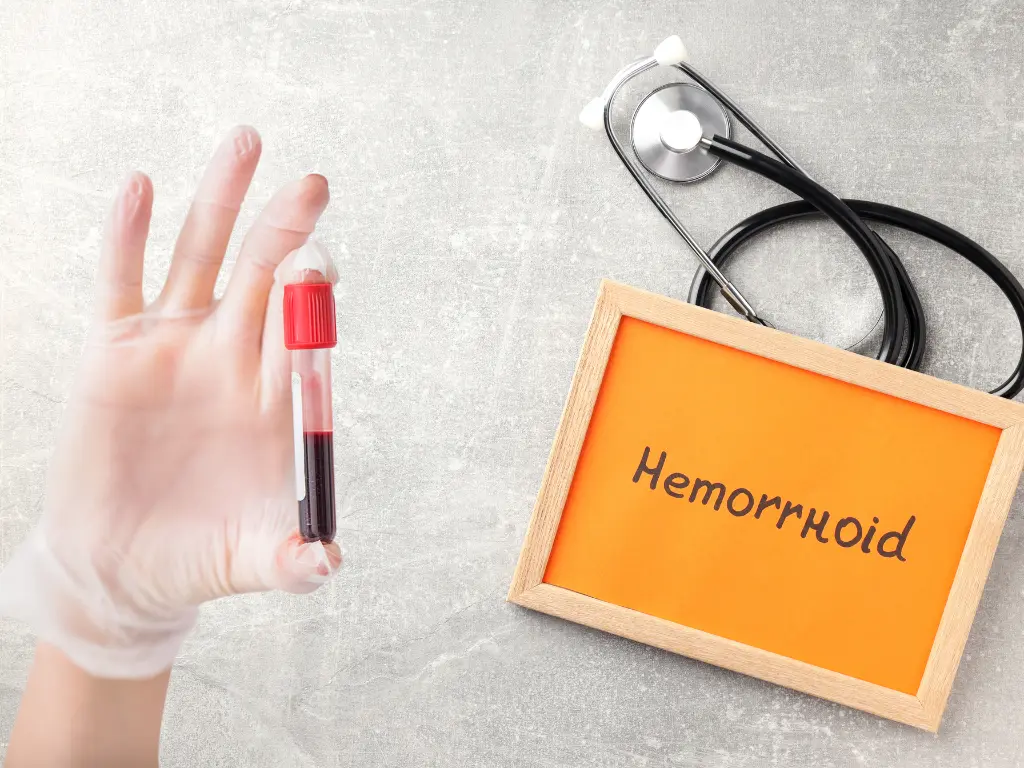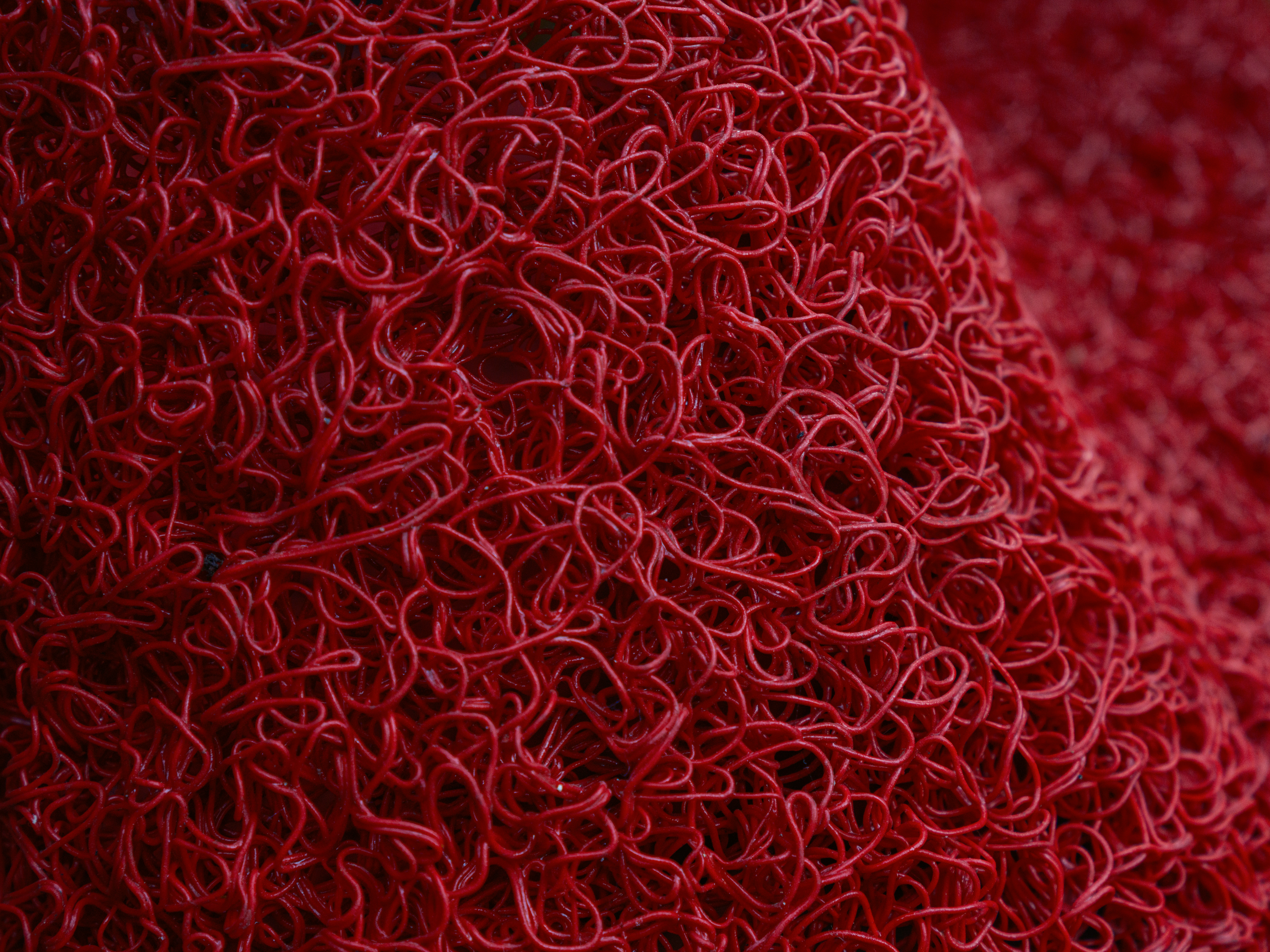If you’ve ever wondered, “Can hemorrhoids cause a positive Cologuard test?” the answer is, yes, it can.
Hemorrhoids can return both positive and negative results for many of your rectal and fecal tests. And the results may not be accurate because of the disruption or misleading evidence caused by hemorrhoidal symptoms.
So, why do they cause these positive results? And are they always inaccurate? Let’s explore answers to these pressing questions and more below.
What is Cologuard Test?
To begin, let’s first understand what a Cologuard test is before we get into how hemorrhoids affect the results.
Cologuard tests are screening procedures used to detect the risk or presence of cancer in your colon and rectal region. It remains one of the standard tests used to determine whether you have cancer or exhibit the risk of cancerous development in that area of the body.
How does it work?
The Cologuard test works by testing your stool for evidence of colon or rectal cancer. Returning a positive or negative result implies the presence or absence of cancerous tissue in your colon or rectal area. However, the test is not a stand-alone process that doctors rely on 100% to diagnose your condition (as we shall see in the next section).
Your colon lining gets rid of cells regularly. Every day there’s a collection of discarded cells making their way out from your colon. Your stool collects these cells and exits the body during bowel movement.
A Cologuard test will check for changes in DNA that may be present in your stool. And it will reveal or identify any altered or abnormal DNA that may indicate cancer or pre-cancerous conditions.
The doctor will need a stool sample from you to perform the test. There are Cologuard test kits that you can buy or get from the doctor. You can perform the sample collection in the comfort of your home. The kit comes will all the components you need to collect the sample in a safe and hygienic manner. Simply follow the instructions and gather the sample when you go to the loo.
Will Cologuard Test be positive if you have hemorrhoids?
Yes. Cologuard tests can come back positive for the tested results if you have hemorrhoids when the sample is collected. Sometimes, this result can be considered a false positive. Other times, it may be accurate. So, you need a good understanding of why it happens and continued consultations with your doctor to arrive at the correct conclusion.
The test includes an advanced analysis of your DNA through the sample. It’s designed to check for specific biomarkers that can indicate the presence of cancerous tissue.
Taking the Cologuard test when you have hemorrhoids can sometimes mislead this test. Your sample may contain blood from the hemorrhoidal tissues. And the test will detect the presence of blood because it’s designed to identify any abnormal changes in the DNA present in the sample. So, the result may return as positive.
Your Cologuard test’s positive result should not be taken at face value without professional consultation. Ensure that your doctor knows your medical history, current state of health, and existing hemorrhoidal conditions. The doctor may use further tests and analysis before confirming whether or not the test was accurate.
In short, Cologuard tests may return positive when you have hemorrhoids. But verifying these results should be left to clinical professionals.
Can hemorrhoids affect a stool test?
Yes. Hemorrhoids can influence stool tests. That’s because your stool passes through hemorrhoidal veins and tissue. So, any traces of DNA or biomarkers that make it to your stool will show in the test.
Stool tests come in a variety of types. Cologuard tests are the type that tests for cancerous development through your stool samples. But there are other categories of stool tests used to detect medical conditions or confirm other clinical tests.
There’s a good chance that your hemorrhoids may affect the results of your stool test. Internal and external hemorrhoids both act on the tissues in the rectum or anal area. When your stool goes through your rectum, it comes into contact with inflamed tissues, blood clots, thrombosed hemorrhoids, etc.
And any of these hemorrhoidal symptoms may leave traces on the stool. During a bowel movement, the stool comes out with traces of these tissues and cells. Any test conducted on this particular stool will reveal results based on the cells and DNA remnants found in the stool. So, hemorrhoids can largely affect the way stool tests are conducted.
Can hemorrhoids cause a positive FIT test?
Yes. Hemorrhoids are notorious for delivering positive FIT tests.
The main influence of hemorrhoids on the Fecal Immunochemical Test (FIT) is the blood. Hemorrhoids can cause inflammation or sensitive veins that bleed fast when stool passes. And FIT tests are designed to detect the presence of blood in stools.
Normal stool does not contain traces of blood in it unless you have some underlying condition. And the FIT test can detect this blood to check whether you face the risk of serious illnesses like colorectal cancer. So, positive results on a FIT test can alarm anyone.
However, the catch here is that hemorrhoids may lead to blood appearing in the stool even if you don’t have any traces of cancerous cells. On the other hand, there may be other conditions like intestinal polyps, ulcers, and inflammatory bowel diseases.
Of course, the risk of colon cancer also looms when the test detects blood in your stool. Ultimately, you should leave it to your doctor to decide what tests and examinations to conduct before jumping to conclusions.
Closing Note
Blood in your stool can reveal a lot about your bowel, intestinal, and colon health. Conditions like hemorrhoids can cause mild bleeding, which can mislead tests that rely on the detection of blood in stools. That’s why doctors do not recommend these tests when you have hemorrhoids or are menstruating.
So, can hemorrhoids cause a positive Cologuard test? Yes, it can. It may also strike positive for other stool tests like FIT. Always consult and get the final word from your doctor before you panic and make assumptions about these tests.
Learn more about hemorrhoids and bleeding in our in-depth guide here.







